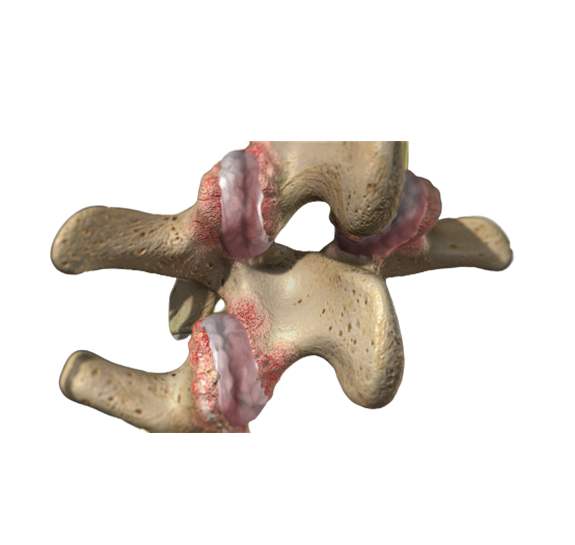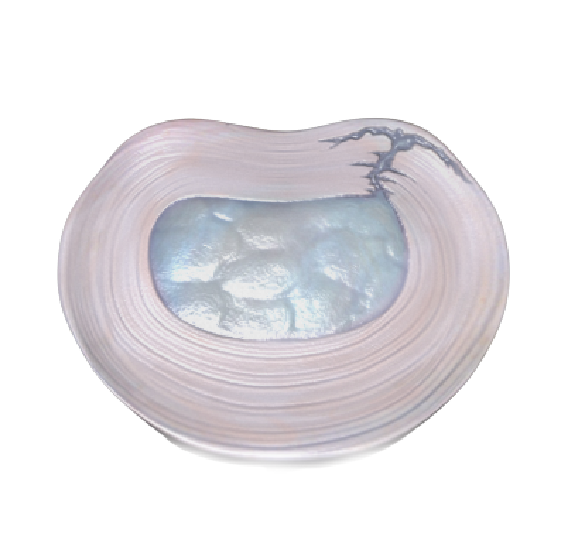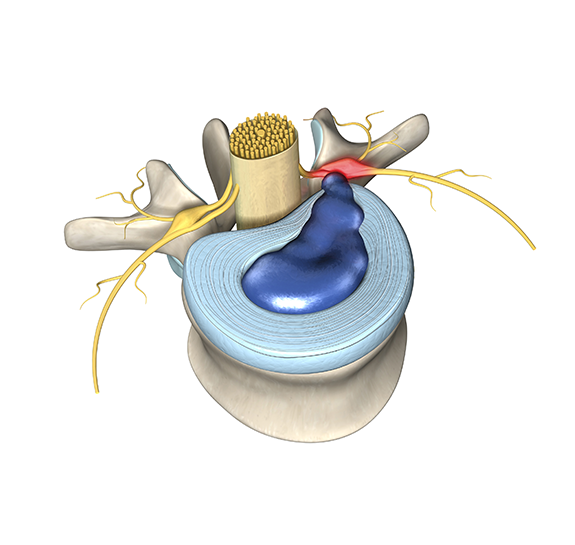
Is Your Husband Glued to the Couch by Back Pain?
Is Your Husband Glued to the Couch by Back Pain? https://phoenixspineandjoint.com/wp-content/uploads/2016/06/iStock-1132153739-1024x683.jpg 1024 683 Phoenix Spine & Joint Phoenix Spine & Joint https://phoenixspineandjoint.com/wp-content/uploads/2016/06/iStock-1132153739-1024x683.jpgWhen your spine hurts, every aspect of your life suffers; especially your family. It can be difficult living with someone in pain. Family members can feel helpless. The last thing you want to do is tell your husband how hard his back pain is making your life, but the fact of the matter is that your husband’s back pain does affect your family. And to make matters worse, he probably already knows it.
It is agonizing to look at your son holding a football and say, “Dad just can’t right now.” Many men try to “suck it up” and go to work. By the time they get home, the pain is so bad that they can’t do anything but collapse on the couch, which makes the pain worse.
Men often pride themselves on their strength, which makes many men better at suffering than at getting better. In addition, a lot of the men I see with back pain really don’t have much experience dealing with illness. Has he ever taken the kids to the doctor? Does he even have a doctor? Without any experience to go by, it’s easy for guys to become blocked. They want to get better, but they don’t have the experience to know how.
The Best First Step
The first thing you should do to help your husband when he has back pain is to mark your calendar the first time the pain appeared. For the first six weeks after that day, the best treatments for his back pain is time. Eight out of 10 men with back pain will get better on their own in the first four weeks, and nine out of 10 will get better within 12 weeks. It’s nice to know the pain will likely end, but four to 12 weeks is a long time to wait.
To ease the pain while he is healing, it is important for him to maintain light activity, take anti-inflammatory medications, and apply moist heat. Light activity means short, comfortable walks. Walking in water is an excellent way to get some exercise and relieve some pressure. The best anti-inflammatory medications are Aleve and Ibuprofen; if he has reflux or has ever had an ulcer, then Tylenol is a better choice. If the pain is severe, his Doctor can prescribe tramadol (Ultram). Since they haven’t been proven to help and may have some extreme side effects, we don’t usually recommend narcotics, and never for more than a week. Moist heat means a hot tub, shower, or even heated washcloth.
The Four Exceptions
If your husband has any one of these critical exceptions today, he needs to be in his doctor’s office or an emergency room tomorrow at the latest.
- Cancer
- Infection
- Pain following accidents
- Severe weakness or numbness
- Inability to urinate properly
Doctors suspect cancer in people who’ve already had it, and anyone who is losing weight without trying.
Infections from the spinal discs can spread into the bones and space around his spinal canal potentially causing severe injuries. Be suspicious of infection if he’s had a recent infection (pneumonia, bronchitis, sinus, diarrhea, etc.) or is having severe, shakes, chills, or night sweats.
Fractures caused by accidents can leave the spine unable to protect the underlying nerve roots, and can lead to long-term damage. We are usually talking about a car, ATV, or horseback riding accidents for young people; or severe falls for older folks or anyone with osteoporosis.
Weakness or numbness in the legs can be a major issue when it’s enough to make him unable to walk or stand without help.
Finally, compression of all the nerve roots can make it hard for him to control his urine. He may have to go too often, or be unable to empty all the way so that he has to go again shortly after leaving the bathroom.
When Should He Get an MRI?
Assuming he doesn’t fall into one of the four critical exceptions, he should get an MRI at either week six or week 12. If his pain is mostly in his leg, not his back, and he also has mild to moderate weakness or numbness, then an MRI is a good idea after six weeks. If his pain is mostly in the back he should get an MRI at week 12.
Everyone with severe pain wants to know what’s going on and have an MRI right away. And simply having an MRI can’t hurt, right? Well, surprisingly several studies have shown that people who get an MRI before weeks 6 or weeks 12 end up doing worse. Reason being, nobody over 20 has an entirely “normal” back. MRI shows all kinds of things that may not be related to the current pain. Having an early MRI leads to unnecessary treatment that could harm him. So try to hold off on getting an MRI, unless he falls into one of the four critical exceptions.
What About Epidurals?
If an MRI shows a nerve root compression that matches up with his pain pattern some Doctors recommend an epidural injection. Keep in mind that epidural injections are not specific, and they don’t last more than a few days. If you have had a baby, you probably know what I’m talking about. Epidurals don’t make labor progress any faster; they relieve the pain. Similarly, epidurals don’t heal his back, but they may give him a few days relief as his body heals. Although side effects are rare, epidural injections can cause infections, paralysis, and even death. He has to decide if temporary relief is worth the low risk of terrible side effects.
After 12 Weeks
Check your calendar, and if your husband has back pain for more than 12 weeks, he probably has something wrong that likely won’t heal on its own. For most guys, it’s either a painful joint, torn disc, or irritated nerve root. Each of these problems causes a specific pattern of back pain.
Our Process
At Phoenix Spine & Joint, we start by listening. Next, we look at his MRI. Back pain is tricky. What you see on the MRI may or may not be the real cause of his pain. Our job is to match up the MRI findings with the type of pain he describes. We then get together with him, or preferably both of you, by video or phone to go over the findings. There’s no charge for the teleconference. We don’t always have a solution. But if we do, you have nothing to lose by finding out your options for free. If he chooses to go forward, the next step is usually a physical exam, followed by an injection. We do an injection to block the pain for a few hours to prove to us and you that we’ve found the correct source.
Depending on the exact source of his pain, we may be able to cure it with surgery. We specialize in minimal access surgeries with the lowest risk and highest chance of success. We’ve helped thousands of people get back in the game by doing spine surgery in our fifteen years. If he’s stuck on the couch, it’s up to you to get help. After all, we all know he has work to do.
- Post Tags:
- Back Pain
- Posted In:
- Low Back Pain









